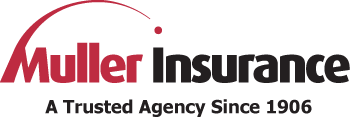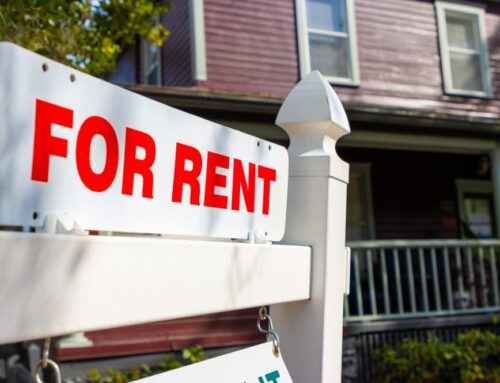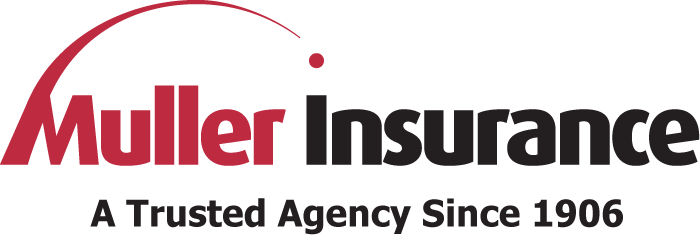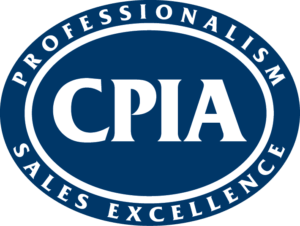Renters and vacationers are attracted to the beauty and luxury of staying by the water, but a waterfront property’s susceptibility to flooding cannot be overlooked by landlords. Flood insurance is especially important to consider, as it’s not included with standard homeowners insurance yet is usually required for waterfront buildings. Not only is flood insurance different than homeowners insurance, but it also fluctuates depending on location and how protected your property is. Here, Muller Insurance examines these differences and how certain factors can impact the cost of flood insurance for your waterfront property.
Differences in Coverage
Homeowners insurance covers most water damage that occurs within the house that’s not caused by negligence. In other words, you are covered if your pipes burst or the toilet overflows, but you will not be covered if you don’t take care of a leaking roof and it causes damage. In some cases, such as a leaking roof or pipe bursting because of old age, homeowners insurance will partially cover items but not the repairs.
Flood insurance goes a step further and covers water damage from storms or nearby bodies of water. It is similar to traditional insurance in that it protects your house and possessions, but it won’t cover money or important financial papers. Flood insurance also functions with a specific definition of floodwaters, considering only rising water from the ground moving upwards as applicable. Additionally, flood insurance only provides partial coverage to your basement and the items you keep there.
How It’s Priced
The value of your property and its possessions are not the only factors that determine the cost of your homeowners insurance. Older houses tend to have higher premiums than newer ones, but how well the property is maintained can also make a difference. You’ll likely face increased rates if the building has an extensive history of claims behind it, but taking preventative measures, like installing a security system, can lower homeowners insurance costs.
When it comes to prices, flood insurance is the opposite of homeowners insurance as it is more fixed. The flood zone a property is in and whether or not you have an elevation certificate determines the price of your premiums, as detailed below:
Flood Zones
While not discouraged, flood insurance is not necessary for lower-risk flood zones and is often more affordable. However, property in high-risk flood zones is typically required by mortgage lenders to have flood insurance. The lower risk zones are B, C, and X, while the higher risk zones are A and V. A waterfront property is likely in one of the latter groups, where prices can be double than those in the lower-risk zones.
Flood Base Elevation and Elevation Certificate
Buildings in high-risk flood zones must have an elevation certificate (EC) that indicates the property’s flood base elevation (BFE). The BFE indicates the relationship between your property’s elevation and the height floodwaters can reach during a major storm event. With an EC, the insurance company sees how much risk is involved with the location and can determine your premium. Without this certificate, your agent cannot fully assess the risks involved with your property, and you’ll end up paying higher rates.
Make the Right Flood Insurance Choice with Muller Insurance
Investing in waterfront property can be a very lucrative opportunity, but flood insurance is critical to protect your property. To learn more about how Muller Insurance can help you insure your waterfront property in New Jersey in Atlantic, Cape May, Monmouth and Ocean Counties, or in other states such as New York, Connecticut, Pennsylvania, Nevada, and other states, contact us today.








